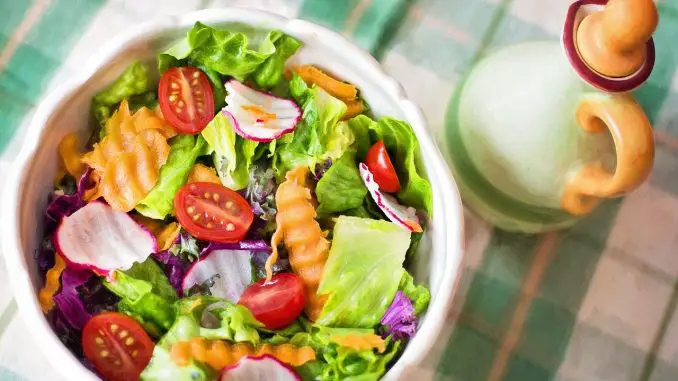
Did you know that you can reduce your energy footprint by almost 50% if you consciously choose environmentally friendly ways to buy food? How we buy and eat food has a major impact on the climate, and in this article, we summarize 8 tips that you can follow at home and in the grocery store to become more environmentally friendly.
Tip 1: Don’t waste food!
Each household in wealthy countries throws about 20-30% of the food and it amounts to a lot of food waste. Actively try to minimize food waste so that you do not indirectly waste the energy that went into producing your food.
Tip 2: Buy less meat
Producing meat requires much more energy than crops because of the food the animals need. This food is often imported, such as soy or palm oil, and this affects the environment in which it was grown. Animal breeding also requires large spaces for a comfortable living environment that also affects the climate more if we compare it with the same space used for crop cultivation.
Tip 3: Buy root vegetables
Like carrots, onions, and cabbage. Root fruits are good for the environment as they do not normally need to be imported, they have a long growing season and with proper storage, they last even longer.
Tip 4: Eat vegetarian at least twice a week, if you are not already a vegetarian
Vegetarian food is the best for the environment as it uses the least energy to produce.
Tip 5: Use reusable bags
Reuse, reduce, recycle! We all know that a lot of energy goes into producing the comfortable plastic bags we find in grocery stores, but resist the temptation to use them! You can simply bring a backpack or a small bag with you wherever you go – as you can see in this photo from our urban cultivation safari on the day of biodiversity last year.
Tip 6: Take the bike or walk instead of taking the car
The trouble caused by these transport methods (bike/walk) is that you probably cannot carry all your groceries at once. Therefore, it is recommended to make small but frequent trips to the grocery store instead of weekly trips that are often larger.
Tip 7: Buy more organic food
Organic farming is most respectful of wildlife because it results in lower pollution of aerosols and polluting waste. It also produces less carbon dioxide and is generally healthier for us.
Tip 8: Buy locally produced food
Buy locally-produced food as much as possible! This reduces the emissions from transports.
Leave a Reply